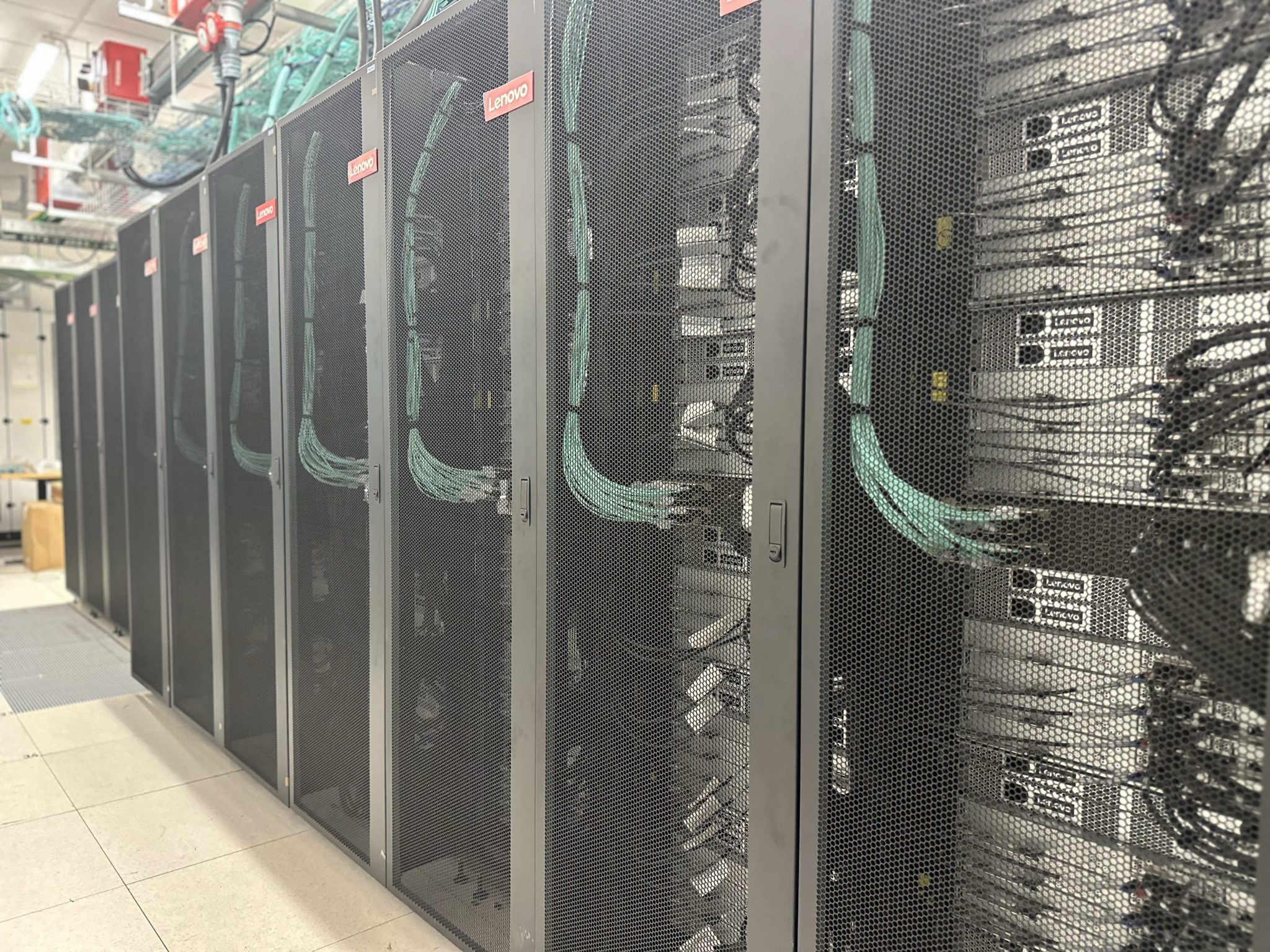The Advent of Pitagora: A Leap in High-Performance Computing for Fusion Energy Research
The world of high-performance computing (HPC) is on the cusp of another breakthrough with the introduction of a new supercomputer named Pitagora. Scheduled to be part of the Bologna Technopole ecosystem by the end of 2024, Pitagora is poised to revolutionize the scientific community’s approach to researching fusion energy. This powerhouse, capable of performing approximately 45 million billion operations per second, promises to deliver extraordinary computational prowess with maximum energy efficiency, thanks to Lenovo Neptune’s cutting-edge water-cooling technology.
A New Era Begins in Bologna
Cineca, a renowned inter-university consortium in Italy, has inked a significant agreement with technology giant Lenovo to install this new HPC system. Cineca, known for being one of the largest and most advanced computing centers globally, is set to house Pitagora in its data center located in Casalecchio di Reno, Bologna. This strategic addition will further solidify Bologna’s reputation as a hub for technological and scientific innovation.
Pitagora is designed to support the scientific community, particularly in the field of fusion energy research. This supercomputer will be instrumental in conducting numerical simulations of plasma physics and performing structural analyses of advanced materials crucial for nuclear fusion. These tasks are vital for developing sustainable and safe nuclear fusion technology, a potential game-changer in energy production.
Cineca: A Pillar of Scientific Computing
Cineca is no stranger to the realm of high-performance computing. As a prominent university consortium, it has consistently been at the forefront of supporting scientific advancement through computational research. Since the inauguration of Marconi, its first supercomputer with Lenovo technology, in 2016, Cineca has been a key player in numerous national and international HPC projects. These initiatives span a wide array of scientific fields, including biodiversity, life sciences, artificial intelligence, materials science, earth sciences, and climatology.
Cineca’s collaboration with EUROfusion and ENEA underscores its commitment to advancing nuclear fusion research. EUROfusion, a European consortium, is dedicated to designing systems capable of producing electricity through fusion energy by 2050. Meanwhile, ENEA, representing Italy in EUROfusion, focuses on research, technological innovation, and services across various sectors, including energy and environmental sustainability.
The Power and Efficiency of Lenovo’s Innovation
The selection of the Lenovo supercomputer through a competitive public tender underscores the machine’s exceptional capabilities. With a staggering 45 PFlop/s of computational power, Pitagora stands as a testament to Lenovo’s engineering excellence. One of the standout features of this supercomputer is its energy efficiency, achieved through Lenovo Neptune Direct Water-Cooling technology. This system reduces the cooling electricity consumption by 15% and effectively dissipates up to 98% of the heat generated by the supercomputer. This ensures that the CPUs operate at maximum frequency, maintaining optimal performance levels.
Lenovo’s commitment to pushing the boundaries of technological innovation is evident in its design and implementation of cutting-edge solutions like Neptune. This technology not only enhances the performance of HPC systems but also aligns with the growing demand for sustainable and energy-efficient computing solutions.
Cineca: A Legacy of Excellence
Cineca’s journey as a supercomputing powerhouse began in 1969. As a non-profit consortium comprising 70 Italian universities, the Ministry of Education, and the Ministry of University and Research, along with 46 national public institutions, Cineca has played a pivotal role in supporting the global scientific community. Its supercomputers consistently rank among the world’s most powerful, facilitating multidisciplinary research and collaborations with leading research institutions.
Cineca’s dedication to technology transfer activities ensures that its supercomputing, artificial intelligence, and big data capabilities extend beyond academia to benefit the broader industry. This commitment to fostering innovation across sectors underscores Cineca’s significance in the global technological landscape.
ENEA: Pioneering Sustainable Development
ENEA, Italy’s National Agency for New Technologies, Energy, and Sustainable Economic Development, has been a stalwart in promoting research and innovation across various domains. Since its inception in the 1960s, ENEA has focused on applied research, technology transfer, and providing advanced services to businesses, public administrations, and citizens. Its contributions span diverse fields, including renewable energy technologies, smart grids, hydrogen, nuclear fusion, energy efficiency, cultural heritage preservation, food safety, biotechnology, and climate change mitigation.
ENEA’s collaborative efforts with organizations like Cineca and EUROfusion exemplify its commitment to driving the energy and ecological transition, fostering growth and competitiveness in multiple sectors. ENEA’s work in promoting sustainable development aligns with global goals for a cleaner and more efficient energy future.
Lenovo: A Global Technology Leader
Lenovo, a global technology powerhouse, has consistently demonstrated its prowess in delivering smarter technology solutions. As a $62 billion company ranked 217th on the Fortune Global 500, Lenovo’s influence spans 180 markets and is supported by a workforce of 77,000 employees worldwide. The company’s success as the world’s largest PC manufacturer is complemented by its strategic expansion into modern IT infrastructure areas, including servers, storage, mobile devices, software, and services.
Lenovo’s commitment to innovation is evident in its efforts to build a more inclusive, trusted, and intelligent future. By leveraging its expertise and resources, Lenovo continues to shape the technological landscape, empowering individuals and organizations to thrive in an increasingly digital world.
The Future of Fusion Energy Research
The introduction of Pitagora marks a significant milestone in the quest for sustainable and safe nuclear fusion energy. This supercomputer, with its unparalleled computational capabilities and energy efficiency, is set to accelerate research efforts in plasma physics and advanced material analysis. By facilitating groundbreaking simulations and analyses, Pitagora will play a crucial role in advancing our understanding of fusion energy and its potential to revolutionize global energy production.
As the scientific community eagerly anticipates the installation of Pitagora, the collaborative efforts between Cineca, Lenovo, EUROfusion, and ENEA highlight the importance of partnerships in driving technological and scientific progress. With the collective expertise and resources of these organizations, the future of fusion energy research looks promising, paving the way for a cleaner and more sustainable energy landscape.
For more information about Cineca and its initiatives, visit Cineca’s official website.
For more Information, Refer to this article.


































